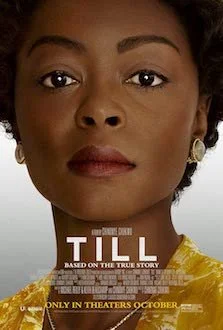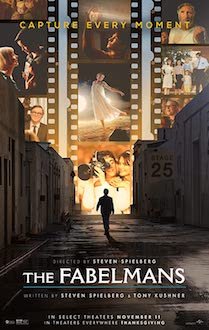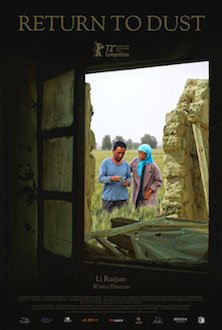Direction: Maria Schrader
Country: USA
Maria Schrader’s investigative drama, She Said, tells the important true story that exposed the system protecting abusers in the industry of cinema. The screenplay by Rebecca Lenkiewicz was based on the book by New York Times' reporters Megan Twohey and Jodi Kantor, played here by the talented Carey Mulligan (An Education, 2009; Never Let Me Go, 2010) and Zoe Kazan (Ruby Sparks, 2012; The Big Sick, 2017), respectively. The actress/activist Ashley Judd (Ruby in Paradise, 1993; De-Lovely, 2004) plays herself as one of the victims who first came forward to denounce the Hollywood mogul Harvey Weinstein as a sex offender.
Smartly structured, if lengthy, the film keeps the tension simmering but leaves us wanting something more in the end. Unlike the work of the journalists, this film feels almost unfinished due to repetition; all the twists and turns feel the same. Less inspired than Nina Wu (2019) and The Assistant (2019) - two other fictional dramas pertaining to the same subject - She Said is, however, the first film to openly mention Weinstein, who was accused of sexual harassment and assault by more than 80 women - actresses, models, assistants, and collaborators.
The film depicts the meticulous collection of information, and the very long work of persuasion of the journalists to encourage the victims to speak out. The investigation, which helped to launch the #MeToo movement, is far from being a great gesture of cinema, lacking a bit of air and dramaturgy. It’s no Spotlight (2015) for sure, and gets too sentimental in spots. As a film, She Said declines to aim for anything other than the factual narrative, doing it with a mix of courage and relative panache.








































